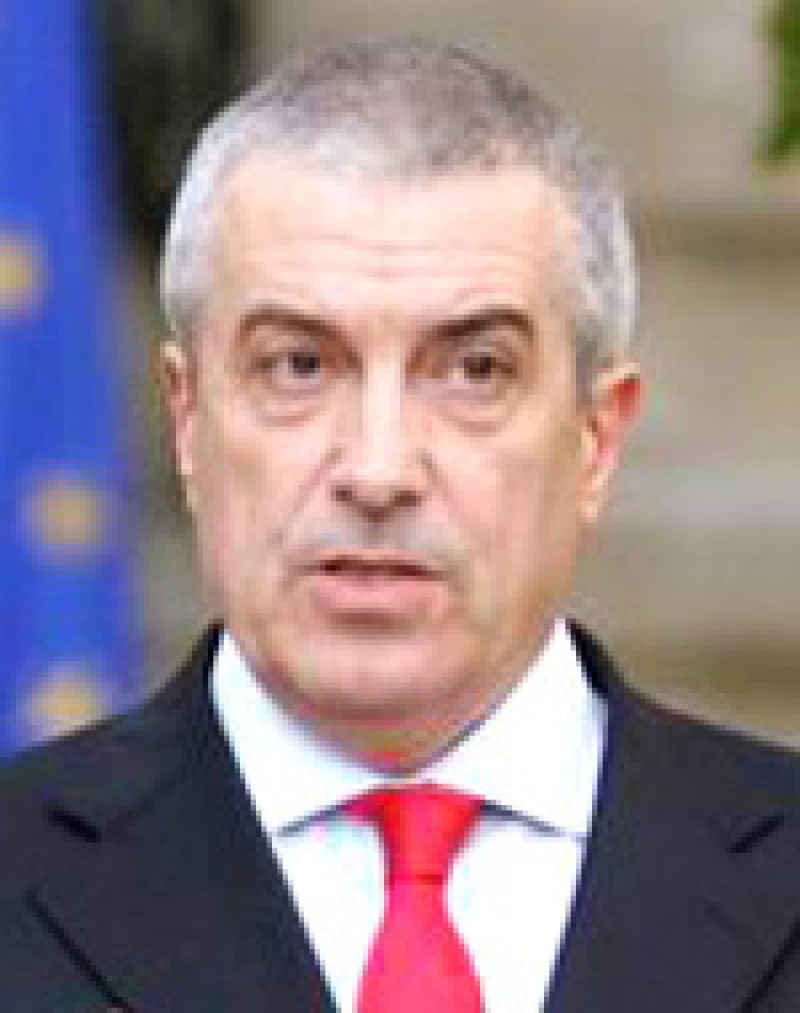According to law, Romania’s head of state must approve all investigations against former cabinet members, something President Klaus Iohannis has not yet declined to do since he was elected for a second term in 2019 on an anti-corruption mandate.
Iohannis’s office has announced that the National Anti-Corruption Directorate (DNA) had received the go-ahead to pursue a probe against Călin-Constantin-Anton Popescu-Tăriceanu, on suspicion of receiving illicit payments during his tenure as prime minister.
Prosecutors have accused Tăriceanu, who led Romania’s government between 2004 and 2008, of receiving political consultancy services worth more than US$800,000 funded by an Austrian company in exchange for his party passing government bills in its favour, according to the Thomson Reuters Foundation.
Attempts to investigate Tăriceanu in relation to the case reportedly ran aground two years ago when lawmakers declined to lift his constitutional immunity. Before that, in 2018, a separate real estate corruption case saw him acquitted of providing false testimony.
Tăriceanu has reportedly denied all wrongdoing, decrying the investigation as a bid by Iohannis to purge Romania’s political scene of credible opposition.
Romania has a graft problem. In 2019, anti-corruption watchdog and OCCRP partner Transparency International ranked the country among the European Union’s most corrupt member states.
In particular, Romania’s judiciary has been under special monitoring by Brussels since it joined the bloc in 2007.
OCCRP recently published a story on the appointment of Laura Kövesi, a former public prosecutor in Romania, as head of the nascent European Public Prosecutor’s Office, mandated to pursue “crimes against the EU budget” and due to begin operations sometime this year.
Regarded by many as one of Europe’s foremost anti-graft crusaders, Kövesi had faced a rocky road to the post, having been fired from Romania’s National Anti-Corruption Directorate and subsequently charged with corruption after raising concerns about proposed legislative reforms in her home country that would have seriously endangered the independence of the judiciary.






